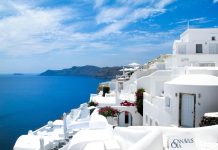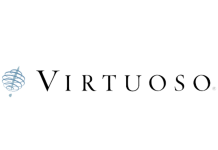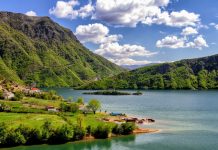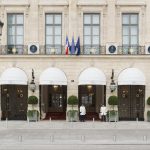In recent years, the landscape of luxury travel has undergone a profound transformation. Evolving social dynamics, technological advancements, and a growing emphasis on authenticity have redefined the concept of opulence. Today, luxury is no longer confined to material extravagance; it encompasses immersive experiences that leave indelible marks on travelers' hearts and minds.
The luxury tourism market is poised to reach a staggering $82 billion by 2032, a testament to the enduring appeal of high-end travel. One notable shift is the preference for private accommodations over traditional hotels, with a notable 8% surge in extended rentals in 2022. This trend underscores a desire for both opulence and privacy in equal measure.
Authenticity lies at the heart of this evolution. Luxury travelers seek experiences that transcend materialism, yearning for moments that resonate on a deeper, more personal level. This shift has propelled the popularity of luxury private accommodations, such as villas, chalets, and apartments, curated to provide a seamless blend of hotel-grade service and secluded serenity.
The genesis of this trend can be traced back to the 1980s, when independent luxury lodging proprietors began collaborating with third-party agents, giving rise to the phenomenon of villa Agencies. Stalwarts like Wimco, Hostedvillas, Fivestar Greece, Dynamic Lives, and Suncabo continue to flourish, offering an array of exquisite options across Europe and North America.
Experiential travel has emerged as the modern standard, wherein the accommodation itself becomes a pivotal part of the journey. From the rolling hills of Tuscany to the cliffside villas of Ibiza, travelers are drawn to distinctive properties that harmonize with their natural surroundings, creating a narrative that lingers long after the trip concludes.
Wellness and mindfulness have assumed a paramount role in luxury travel, echoing a broader societal trend towards holistic well-being. Private rentals now routinely feature spas, gyms, and access to external wellness practitioners, catering to guests' physical and mental rejuvenation needs.
Cuisine and cultural immersion are also integral components of the luxury travel experience. Discerning travelers yearn for authentic encounters with local culture that extend beyond the confines of a resort. Properties that seamlessly integrate with their cultural milieu, offering opportunities for wine tasting and culinary instruction, are highly coveted.
Moreover, sustainability has become a non-negotiable aspect of luxury travel. Guests are increasingly conscientious about their environmental impact, compelling property managers to adopt eco-friendly practices. Organizations like Qalia are pioneering responsible tourism standards and charting a course for the industry's sustainable future.
In this era of unprecedented connectivity, technology plays a dual role in shaping luxury travel. While social media influences travel trends, the discerning UHNW clientele often opts for direct, trusted interactions with agents and property managers, seeking exclusivity and personalized service.
As we look ahead, the future of luxury private accommodation is poised for further innovation. With a steadfast commitment to authenticity, wellness, and sustainability, the industry is primed to deliver unparalleled experiences that resonate with the discerning travelers of tomorrow.

























